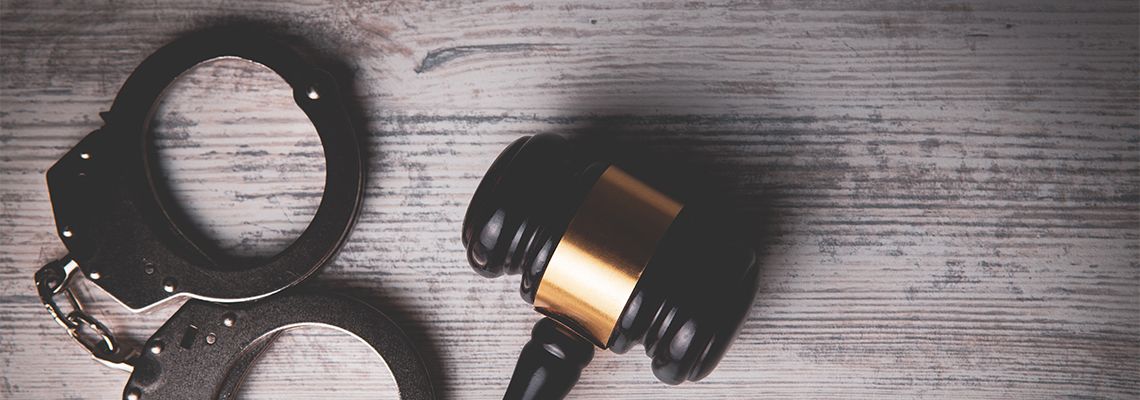Facing charges for vandalism or trespassing can feel overwhelming and stressful. Many of our clients are anxious about the legal process, potential fines, and the effect on their record. We understand these concerns and provide clear guidance every step of the way.
NYPD Refusing to Enforce Quality-Of-Life Crimes
Over the past several weeks, as a result of the growing tension between the NYPD and NYC Mayor Bill de Blasio, members of the NYPD have refused to enforce “quality-of-life” crimes, including loitering, public urination, solicitation, and subway-fare jumping. With the NYPD ignoring the Broken Windows campaign, the number of arrests has dropped dramatically, and with it, the amount of revenue that is usually generated by the imposition of fines and surcharges in the courts.
Although, perhaps the opposite should be true, if the police are not spending their time with the small quality-of-life offenses, then we may not need as many police officers or the ones we have don’t need overtime. As a system, the cost (in man-hours, legal services, and incarceration) of all of the quality-of-life offenses, which are more likely to be committed by individuals that are appointed an attorney, is probably higher than the income generated from the fines and surcharges imposed by the courts.
So ultimately, the City might save money by not arresting low-level offenders, if it reduces the amount of money necessary to pay to the services required when an individual is arrested.
RECENT POSTS
Driving while intoxicated, or DWI, is a serious offense in New York. When someone is arrested for DWI, it affects far more than just a traffic violation—it brings real legal, personal, and financial consequences.




